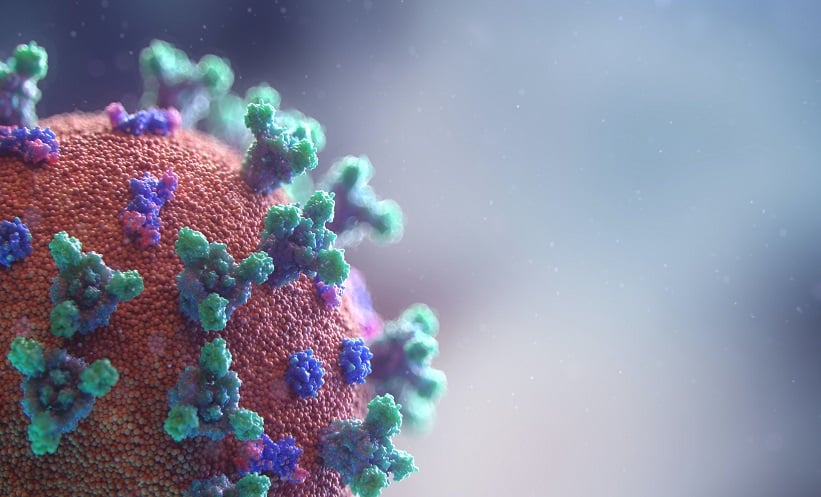GLOBALLY, chronic hepatitis B virus (HBV) infection is associated with substantial liver-related morbidity and mortality, causing an estimated 800,000 deaths from complications such as cirrhosis and hepatocellular carcinoma. Now, a new immunotherapy strategy identified by researchers at University College London (UCL), UK, could transform the treatment landscape of HBV.
Lead author Mala Maini, Professor of Viral Immunology, UCL Division of Infection and Immunology, highlighted the relevance of the research: “The development of novel therapeutic agents is crucial to improve patient care. Immune cells such as T cells are indispensable for fighting viruses and tumours but are often highly dysfunctional and fail to control these diseases. Current standard of care treatments are often incapable of eliminating the virus, do not prevent cancer development and do not rescue immune cells.” Maini added: “In this study we aimed to identify a treatment target to directly inhibit the virus while also boosting the immune cells fighting it.”
The study used immune cells isolated directly from HBV-infected liver tissue to demonstrate that blocking the activity of acyl-CoA:cholesterol acyltransferase (ACAT) was a highly effective way of enhancing immune responses. Specifically, ACAT inhibitors were found to boost human antigen-specific responses and rescue CD8+ T cell function. Furthermore, the authors were able to delineate the metabolic changes believed to underpin this process. Cholesterol is a major component of cell membranes and intracellular levels are tightly regulated, with excess cholesterol esterified and stored in neutral lipid droplets in the cytoplasm; however, the accumulation of lipid droplets can inhibit the function of immune cells. Since ACAT catalyses the esterification of cholesterol, its inhibition would be expected to reduce the accumulation of lipid droplets. This would potentially have a beneficial effect on the functionality of antiviral CD8+ T cells.
Commenting on the research findings, first author Nathalie Schmidt, UCL Division of Infection and Immunology, noted: “We have found a highly effective novel target for the treatment of chronic hepatitis B virus infection and liver cancer.” Schmidt also stated: “The cholesterol-modifying drug is already known to be safe in humans and we hope that our study now informs the development of clinical trials combining cholesterol modulation with other immunotherapies. In summary, our findings offer exciting new possibilities for the treatment of patients with chronic viral infections and cancer.”








